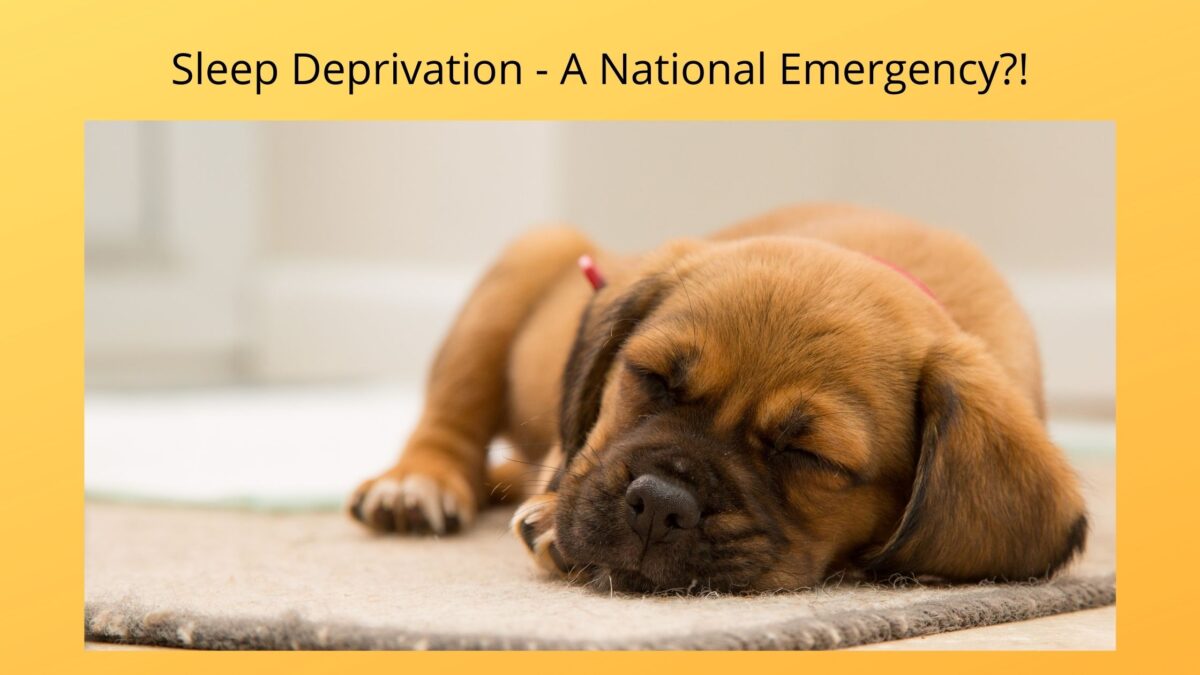The following blog entry was originally published by Louisa Nicola, a clinical neuroscientist and neurophysiologist. She is the founder of Neuro Athletics – a company that works with athletes to improve performance by training the brain. This particular discussion centers on how it has been found that there is a relationship between good quality sleep and high quality athletic performance. Don’t skip this read if you consider yourself a non-athlete, however. Good sleep is a factor that relates to physical function for folks of all ages and levels of activity. There is also a relationship between sleep and the pain experience. Check out what Louisa has to say about sleep and reaction time…
_____________________________________________________________________________
“Sleep deprivation and lack of quality sleep education should be a national emergency in the United States. In America, 70% of adults report that they obtain insufficient sleep at least one night a month, and 11% report insufficient sleep every night.
It is estimated that sleep-related problems affect 50 to 70 million Americans of all ages and socioeconomic classes. Sleep disorders are common in both men and women; however, important disparities in prevalence and severity of certain sleep disorders have been identified in minorities and underserved populations.
There are many statistics that point out just how sleep illiterate our society is currently:
- An estimated seven percent of all motor vehicle crashes in the U.S. and 16 percent of fatal crashes involve driver drowsiness (source).
- More than 87 percent of high school students in the United States get far less than the recommended eight to 10 hours, and the amount of time they sleep is decreasing — a serious threat to their health, safety and academic success (source).
- Energy drink consumption in the United States has increased substantially over the past decade among adolescents, young adults, and middle-aged adults (source)
These are just some of the statistics that highlight how bad the problem with sleep has become. There are plenty more. Here is the craziest part in my opinion — most coaches in amateur and professional sport still don’t understand the physiology and science of sleep and don’t include it in a protocol for their athletes.
Here is what the data from one study says:
- For basketball players, shooting accuracy improved, with free throw percentage increasing by 9% and 3-point field goal percentage increasing by 9.2% with sleep extension to 10 hours.
It wasn’t just basketball players. Athletes across all sports were performing better. Football players had better reaction times, tennis players had greater first serve percentages, swimmers had faster sprint times, baseball players had better reaction times, and on it went. It seemed that every athlete who extended sleep time, performed better.
In current times, the scientific community’s recognition on the importance of quality sleep is like the recognition of how cigarettes kill that occurred over half a century ago. The scary thing is, when everyone found out that cigarettes were causing cancer 50-some years ago, it’s not like everyone quit. Now, studies are going to hit the masses about the terrible effects of sleep deprivation…and do you think everyone will adjust their schedules to make sure they are getting the necessary amount of sleep? I sure do hope so! But unfortunately, I doubt it.
Sleep deprivation has been associated with longer reaction times and reduced force on a simple reaction time test. Reaction time is one of the biggest cognitive components in a training program for an elite ball player (NBA, NFL, and MLS). But how does lack of sleep affect a player’s reaction time?
Put simply, reaction time is defined as the amount of time it takes to respond to a stimulus, which can be any event that comes before a response. The human brain is immensely complex, and the typical time it takes for a physical response to a stimulus is around 160 to 190 milliseconds — or a little less than 0.2 seconds. That’s around the same time it takes to blink.
There are several hypotheses that attempt to explain the reason for increased reaction times after sleep deprivation. One hypothesis asserts that sleep loss increases reaction time due to the body’s simultaneous and competing needs. When we’re underslept, our body is experiencing a need for sleep, a need to stay awake, and a need to perform tasks.
These competing drives interfere with our attention from moment to moment, leading to cognitive impairment and an increased reaction time.
Let’s sum it up
- Sleep deprivation leads to slower reaction time, decrease in speed and decreased cognitive performance.
- Several studies in the area of sleep and athleticism have been conducted to reveal a correlation between sleep deprivation and elite sport performance.
- Sleep should be a mandatory protocol for all elite players in any sport.
Take Away: What Does This Mean For Me?
Practicing sleep hygiene is highly effective, and starting with good sleep protocols is a must. Neuro Athletics has a number of articles on the public blog that you can read for additional discussion.”
___________________________________________________________________________________
For further information about how you could potentially “tune up” your sleep habits, try watching this brief video by Matthew Walker – a professor of neuroscience at the University of California at Berkeley and the founder of the Center for Sleep Science. Or reference the guidance of WebMD on their Health Sleep Center page.

